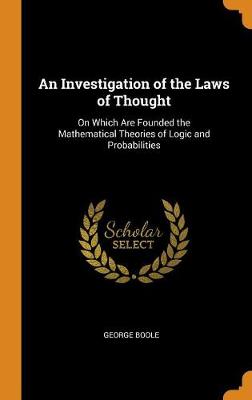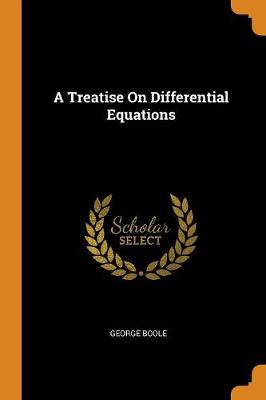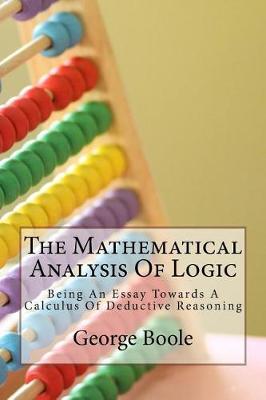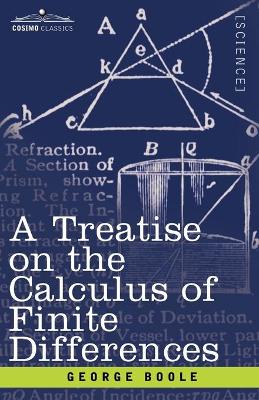Cambridge Library Collection - Mathematics
4 total works
Self-taught mathematician and father of Boolean algebra, George Boole (1815-1864) published An Investigation of the Laws of Thought in 1854. In this highly original investigation of the fundamental laws of human reasoning, a sequel to ideas he had explored in earlier writings, Boole uses the symbolic language of mathematics to establish a method to examine the nature of the human mind using logic and the theory of probabilities. Boole considers language not just as a mode of expression, but as a system one can use to understand the human mind. In the first 12 chapters, he sets down the rules necessary to represent logic in this unique way. Then he analyses a variety of arguments and propositions of various writers from Aristotle to Spinoza. One of history's most insightful mathematicians, Boole is compelling reading for today's student of intellectual history and the science of the mind.
The need to support his family meant that George Boole (1815-64) was a largely self-educated mathematician. Widely recognised for his ability, he became the first professor of mathematics at Cork. Boole belonged to the British school of algebra, which held what now seems to modern mathematicians to be an excessive belief in the power of symbolism. However, in Boole's hands symbolic algebra became a source of novel and lasting mathematics. Also reissued in this series, his masterpiece was An Investigation of the Laws of Thought (1854), and his two later works A Treatise on Differential Equations (1859) and A Treatise on the Calculus of Finite Differences (1860) exercised an influence which can still be traced in many modern treatments of differential equations and numerical analysis. The beautiful and mysterious formulae that Boole obtained are among the direct ancestors of the theories of distributions and of operator algebras.
Self-taught mathematician George Boole (1815-1864) published a pamphlet in 1847 - The Mathematical Analysis of Logic - that launched him into history as one of the nineteenth century's most original thinkers. In the introduction, Boole closely adheres to two themes: the fundamental unity of all science and the close relationship between logic and mathematics. In the first chapter, he examines first principles of formal logic, and then moves on to Aristotelian syllogism, hypotheticals, and the properties of elective functions. Boole uses this pamphlet to answer a well-known logician of the day, Sir William Hamilton, who believed that only philosophers could study 'the science of real existence', while all mathematicians could do was measure things. In essence, The Mathematical Analysis of Logic humbly chides Hamilton and asks him to rethink his bias. Boole is compelling reading for anyone interested in intellectual history and the science of the mind.
Self-taught mathematician and father of Boolean algebra, George Boole (1815-1864) published A Treatise on the Calculus of Finite Differences in 1860 as a sequel to his Treatise on Differential Equations (1859). Both books became instant classics that were used as textbooks for many years and eventually became the basis for our contemporary digital computer systems. The book discusses direct theories of finite differences and integration, linear equations, variations of a constant, and equations of partial and mixed differences. Boole also includes exercises for daring students to ponder, and also supplies answers. Long a proponent of positioning logic firmly in the camp of mathematics rather than philosophy, Boole was instrumental in developing a notational system that allowed logical statements to be symbolically represented by algebraic equations. One of history's most insightful mathematicians, Boole is compelling reading for today's student of logic and Boolean thinking.



